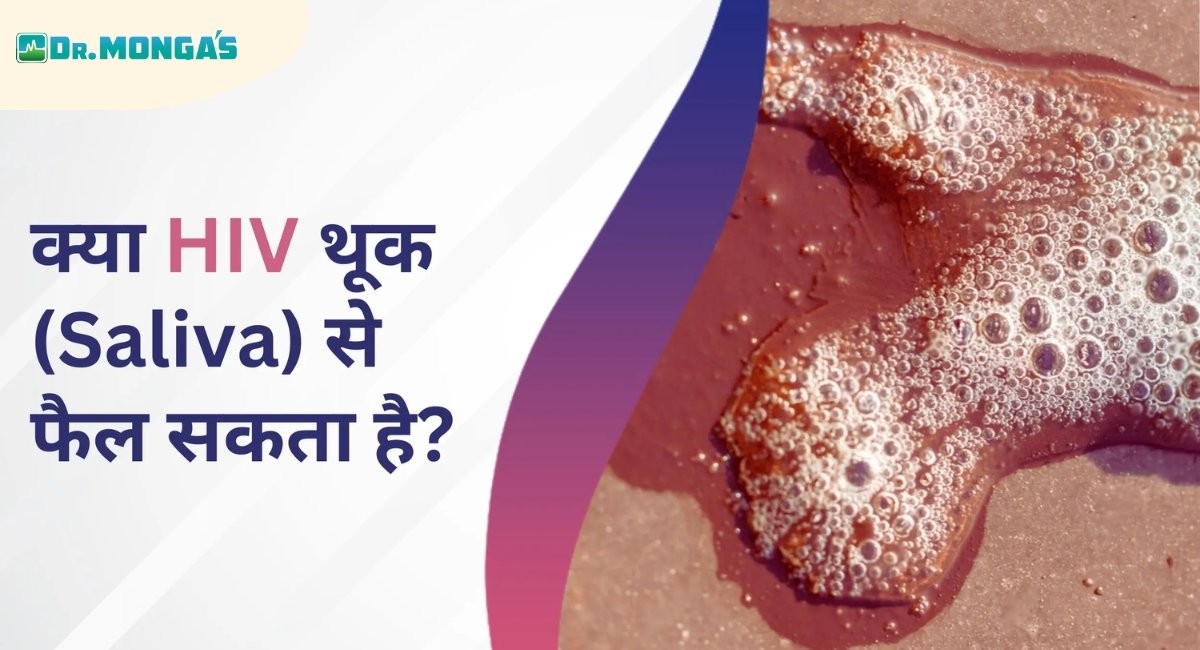Best Ways HIV Can Be Prevented :A Guide
Best Ways HIV Can Be Prevented– HIV can be prevented from spreading from one person to another.
HIV (Human Immunodeficiency Virus) is a serious health problem, which we also know as AIDS. It is considered a life-threatening disease. It is also considered so because there is no permanent cure for it.
However, by being aware and taking the right measures, it can be prevented from spreading. This virus can spread through unsafe sex, contaminated needles, blood transfusions, and from an infected mother to a child during delivery.
As long as the patient is alive, he has this disease. Therefore, every person must know how to avoid this disease and prevent it from spreading?

Here are 10 effective and easy ways to prevent HIV infection:
Practice Safe Sex
- Always Use Condoms: Condoms are the most effective means of preventing HIV and other sexually transmitted infections (STIs).
- Avoid Multiple Partners: Having sex with only one sexual partner reduces the risk of infection.
Get Regular HIV Tests
- Getting tested for HIV and knowing your health status is important not just for you, but also for your partner.
- Pregnant women should get prenatal HIV tests done to protect the baby from infection.
Use Pre-Exposure Prophylaxis (PrEP)
- PrEP is an effective medication that reduces the risk of HIV infection.
- It is especially beneficial for people who fall into high-risk groups, such as individuals in a relationship with an HIV-positive partner.
Use Post-Exposure Prophylaxis (PEP)
- If you are exposed to HIV infection, taking PEP medication within 72 hours can be effective.
- It should be taken under the supervision of a doctor and it is important to complete the entire course.
Avoid Infected Blood or Needles
- Make sure the HIV status of the person is checked before giving the blood transfusion.
- Never share needles, blades, or other medical equipment with others.
- Sharing needles during drug addiction can be a major cause of infection.
Maintain Personal Hygiene
- Do not share personal items such as razors, toothbrushes, and other items that may come in contact with blood.
- Keep any open wounds or cuts clean and covered.
Take Precautions During Pregnancy
- There is a risk of transmission from an HIV-positive mother to the baby, but this can be reduced with prenatal medications and care.
- Use the right antiretroviral therapy (ART) as advised by the doctor.
Spread Sexual Education and Awareness
- It is essential to educate youth and adults about HIV.
- Riskful behavior can be prevented with the right information and sexual education.
Regular Medical Treatment and Vaccinations
- Regular medical care and antiretroviral therapy (ART) are important for HIV-positive individuals.
- Get regular vaccinations to avoid co-infections such as TB and hepatitis.
Provide Empathy and Support
- Eliminate discrimination and social stigma towards HIV-positive people.
- Mental health and emotional support can help prevent the spread of HIV, as it motivates people to become responsible for their own health.
Conclusion
Preventing the spread of HIV is the collective responsibility of society. It can be controlled with the right information, precautions, and medical care. By adopting the above measures, you can not only protect yourself but also contribute to the safety of others. Be aware, stay safe, and play an active role in the fight against HIV.











Leave a Reply